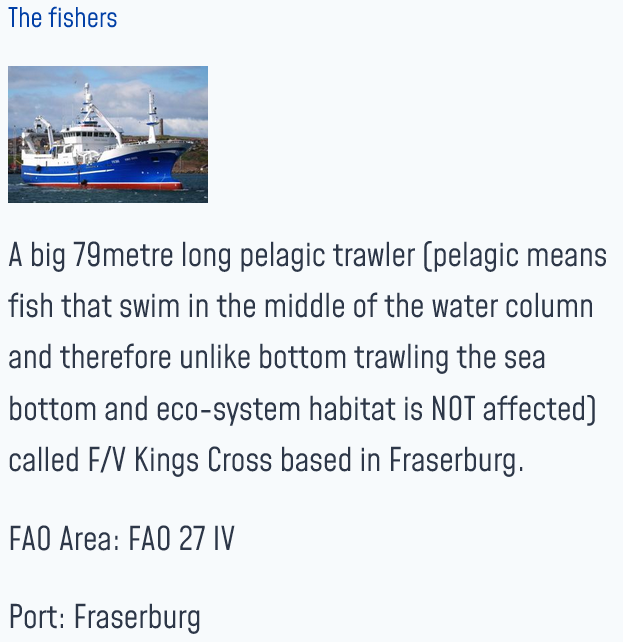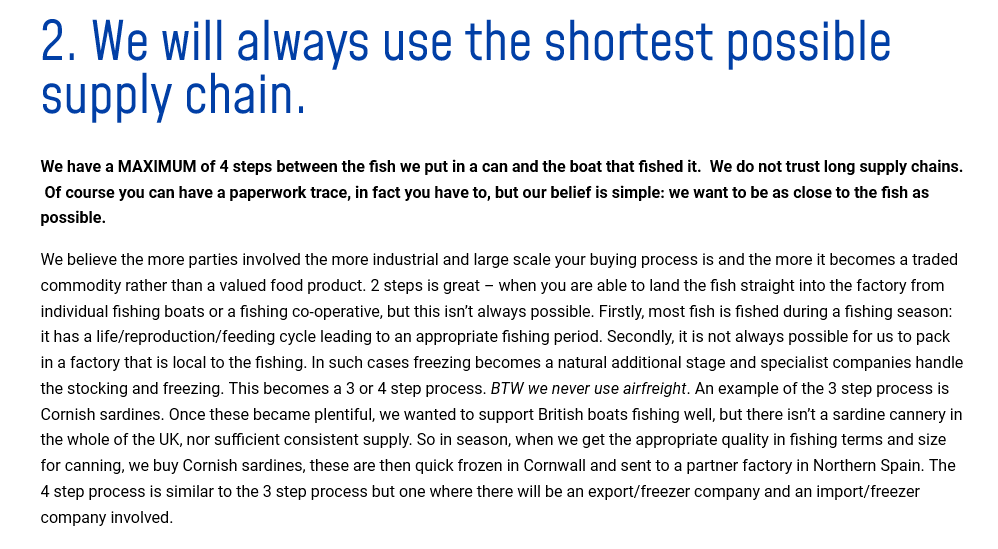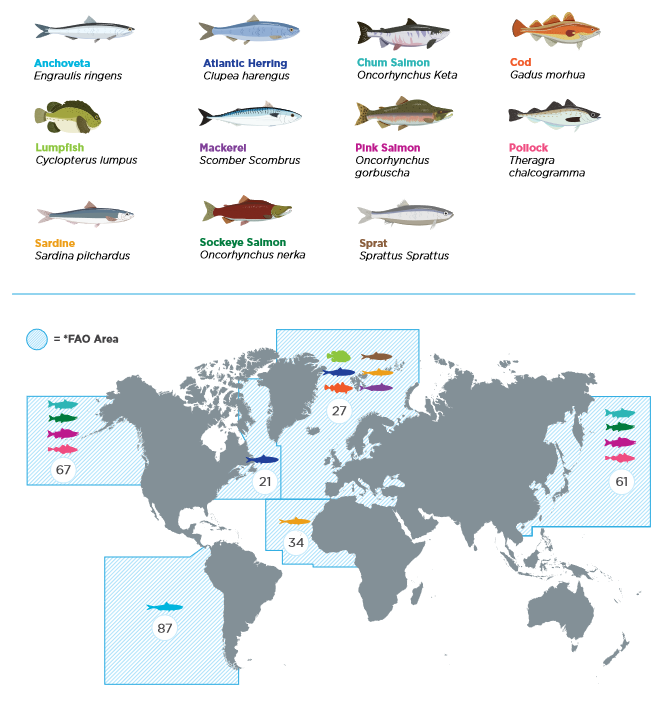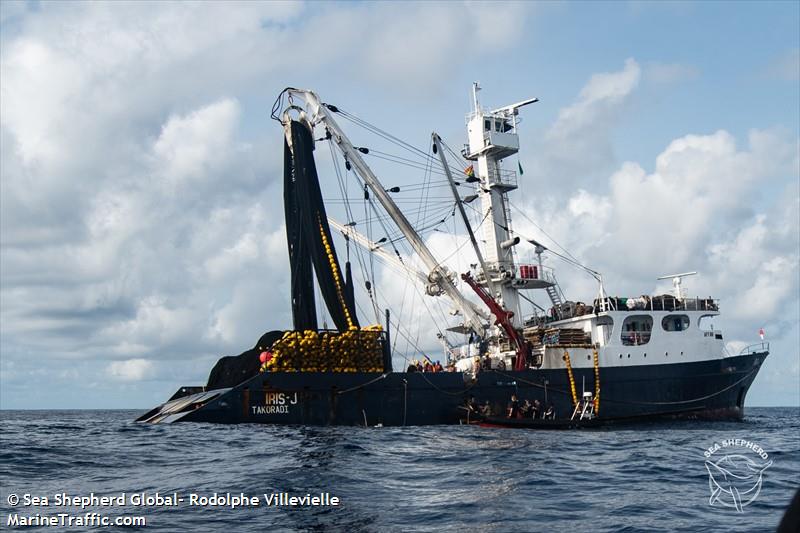Home
| About
| Mine Tracker
| RSS
| Footer
▄▄▄▄▄▄▄▄▄▄▄▄▄▄▄▄▄▄▄▄▄▄▄▄▄▄▄▄▄▄▄▄▄▄▄▄▄▄▄▄▄▄▄▄▄▄▄▄▄▄▄▄▄▄▄▄▄▄▄▄▄▄▄▄▄▄▄▄▄▄▄▄▄▄▄▄▄▄▄▄▄▄▄▄▄▄▄▄▄▄▄▄▄▄▄▄ █▄▄░▄▄█░▄▄▀█░▄▄▀█▀▄▀█░▄▄███░▄▄▀█░▄▄▀█░▄▀███▄▄░▄▄█░▄▄▀█░▄▄▀█▀▄▀█░▄▄█░▄▄▀█░▄▄▀██▄██░███▄██▄░▄█░██░ ███░███░▀▀▄█░▀▀░█░█▀█░▄▄███░▀▀░█░██░█░█░█████░███░▀▀▄█░▀▀░█░█▀█░▄▄█░▀▀░█░▄▄▀██░▄█░███░▄██░██░▀▀░ ███░███▄█▄▄█▄██▄██▄██▄▄▄███▄██▄█▄██▄█▄▄██████░███▄█▄▄█▄██▄██▄██▄▄▄█▄██▄█▄▄▄▄█▄▄▄█▄▄█▄▄▄██▄██▀▀▀▄ ▀▀▀▀▀▀▀▀▀▀▀▀▀▀▀▀▀▀▀▀▀▀▀▀▀▀▀▀▀▀▀▀▀▀▀▀▀▀▀▀▀▀▀▀▀▀▀▀▀▀▀▀▀▀▀▀▀▀▀▀▀▀▀▀▀▀▀▀▀▀▀▀▀▀▀▀▀▀▀▀▀▀▀▀▀▀▀▀▀▀▀▀▀▀▀▀
Fish4Ever Traceability
https://fish4ever.co.uk/

In the local eco-shop I bought a tin of mackerel from Fish4Ever for no other reason than that it promised traceability of the fish back to the boat that caught it. I had not heard of this company/advocacy group before but from this somewhat older interview I learned that they are also campaigning for MSC to be more strict on some aspects of fisheries. Earlier I looked at the same functionality offered by John West.


The code takes me to this page which contains not just a deep level of factual information on this fishery (species, catching method, catching area) but also a detailed statement on why they sell this particular mackerel even while it lost its MSC certification, this again branching out in the wider implications of climate change and conflicts in governance in relation to conversation areas.
This is a really good source of information on a product level, especially when you compare it with John West. It you are going to be annoying I would say that traceability is not just about showing the physical source but the entire chain: who processed and canned, storage points, age of the product. It’s not easy, but if we are looking for the avant-garde of traceability that is what we look for. Fish4Ever does has an informative page on their Quality Charter. Point 2 “We will always use the shortest possible supply chain” is relevant here, but again: show it! But I am not complaining this is a really nice traceability service that can serve as an example to many others. What I also like about it is that the traceability is so central to their value proposition. Really Cool.


https://fish4ever.co.uk/

In the local eco-shop I bought a tin of mackerel from Fish4Ever for no other reason than that it promised traceability of the fish back to the boat that caught it. I had not heard of this company/advocacy group before but from this somewhat older interview I learned that they are also campaigning for MSC to be more strict on some aspects of fisheries. Earlier I looked at the same functionality offered by John West.


The code takes me to this page which contains not just a deep level of factual information on this fishery (species, catching method, catching area) but also a detailed statement on why they sell this particular mackerel even while it lost its MSC certification, this again branching out in the wider implications of climate change and conflicts in governance in relation to conversation areas.
This is a really good source of information on a product level, especially when you compare it with John West. It you are going to be annoying I would say that traceability is not just about showing the physical source but the entire chain: who processed and canned, storage points, age of the product. It’s not easy, but if we are looking for the avant-garde of traceability that is what we look for. Fish4Ever does has an informative page on their Quality Charter. Point 2 “We will always use the shortest possible supply chain” is relevant here, but again: show it! But I am not complaining this is a really nice traceability service that can serve as an example to many others. What I also like about it is that the traceability is so central to their value proposition. Really Cool.


Case Study: John West Traceability App
https://www.john-west.co.uk/sustainability/trace-your-plate/

John West is promoting a ‘100% traceable’ solution for a number of their canned products.

The app asks to enter a barcode (5000171053312) and a can number (1922).

Since 2014 it is mandatory in the EU that information on production method, fishing gear, catch area, common and latin species names are recorded on the packaging of fish products. So apart from the fishing vessel this solution is not giving away any information John West is not legally required to disclose anyway. Although I have not yet found the latin name mentioned anywhere unless you need to dive as far as the sustainability report (pdf).


Knowing the name of the vessel that caught your fish is a nice feature, and there exist a number of online shipping tools that allow you to explore it. For instance, it is registered in Ghana and was built in 1983. Marinetraffic even has a picture (ominously with a Sea Shepherd logo).
Note that the traceability information for this product comes without any explanation on verification. Who manages these systems, how accurate are they, are they audited? Information like date of harvest, or the location of canning, are not legally required to be published but are crucial to traceability. Having said that, I happen to be interested in the nuts and bolts of these systems, but for a ‘normal’ consumer this might be a value enhancing addition to a supermarket product.
https://www.john-west.co.uk/sustainability/trace-your-plate/

John West is promoting a ‘100% traceable’ solution for a number of their canned products.

The app asks to enter a barcode (5000171053312) and a can number (1922).

Since 2014 it is mandatory in the EU that information on production method, fishing gear, catch area, common and latin species names are recorded on the packaging of fish products. So apart from the fishing vessel this solution is not giving away any information John West is not legally required to disclose anyway. Although I have not yet found the latin name mentioned anywhere unless you need to dive as far as the sustainability report (pdf).


Knowing the name of the vessel that caught your fish is a nice feature, and there exist a number of online shipping tools that allow you to explore it. For instance, it is registered in Ghana and was built in 1983. Marinetraffic even has a picture (ominously with a Sea Shepherd logo).
Note that the traceability information for this product comes without any explanation on verification. Who manages these systems, how accurate are they, are they audited? Information like date of harvest, or the location of canning, are not legally required to be published but are crucial to traceability. Having said that, I happen to be interested in the nuts and bolts of these systems, but for a ‘normal’ consumer this might be a value enhancing addition to a supermarket product.